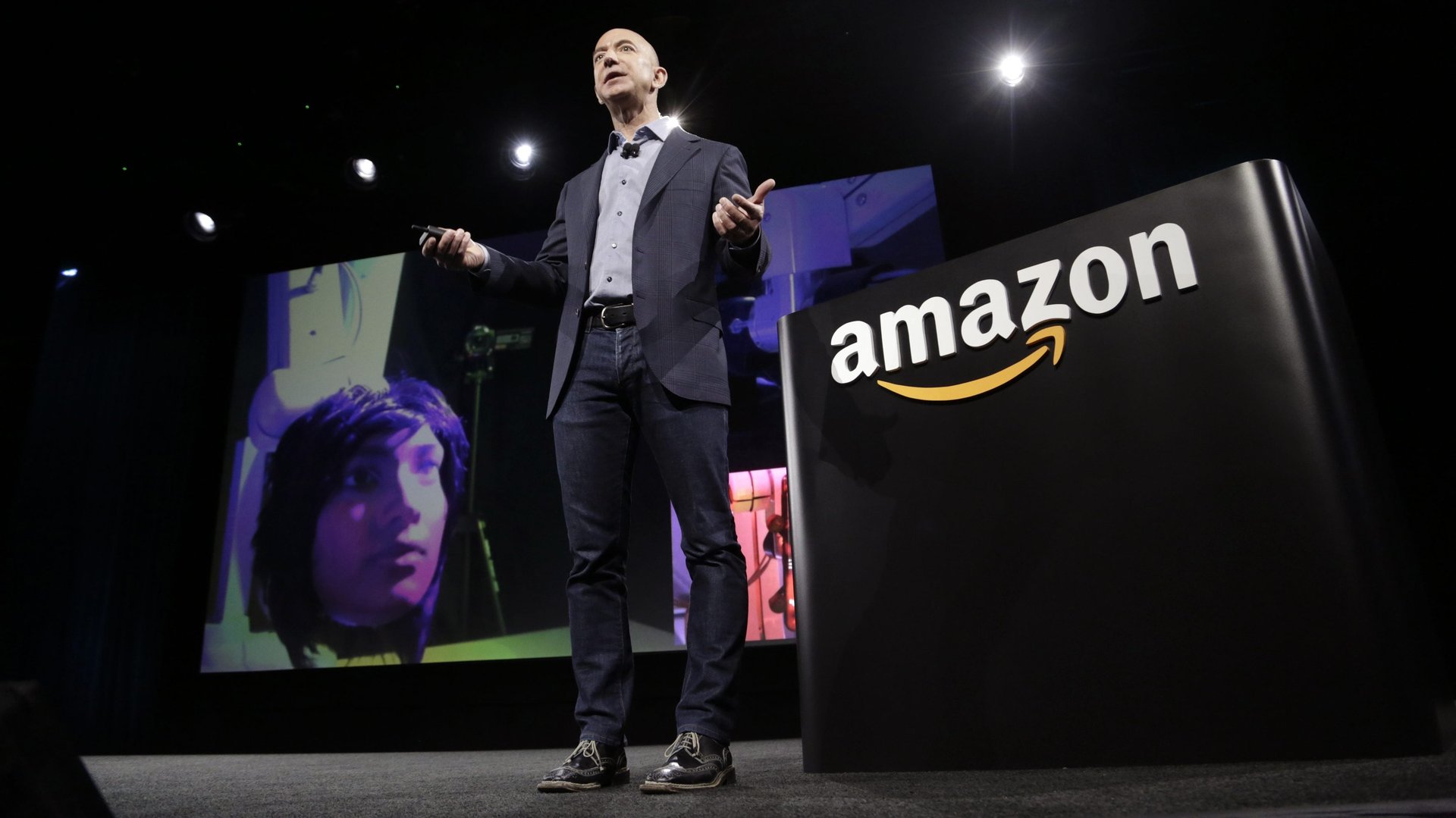A patent that helped Amazon take over online commerce is about to expire
If you’ve bought anything on the internet with one click in the past 20 years, it was probably either on Amazon.com or a platform that pays Amazon a lot of money to license its patented and trademarked “1-Click” technology.


If you’ve bought anything on the internet with one click in the past 20 years, it was probably either on Amazon.com or a platform that pays Amazon a lot of money to license its patented and trademarked “1-Click” technology.
Apple, for example, announced in 2000 that it was licensing the technology for its online store: “A new version of Apple’s Online Store featuring 1-Click shopping went live today, and all products sold on The Apple Store™ can now be purchased with the 1-Click feature.” Apple later licensed the technology for use in its iTunes app.
Of course, one-click checkout isn’t a novel technology. Any novice programmer could code a system that lets a customer buy something with one click using shipping and billing information the customer has already filled out. The big innovation on Amazon’s part was not figuring out a way to build such a system, but to be the first to apply for a patent on it.
The application was filed in 1997 and granted in 1999. In September 1999, Amazon sued Barnes & Noble for using a one-click checkout feature on its website, and ultimately won an injunction that forced the bookseller to add more steps to the checkout process on barnesandnoble.com.
“When 21st-century historians look back at the breakdown of the United States patent system,” wrote technology author James Gleick in an op-ed for The New York Times in 2000, “they will see a turning point in the case of Jeff Bezos and Amazon.com.”
The same week that op-ed was written, Bezos published an open letter on Amazon.com, suggesting the United States patent office limit the lifespan of patents to three or five years, rather than the current 17. He also wrote, however, that Amazon would not be turning its patents over to the public domain.
“Despite the call from many thoughtful folks for us to give up our patents unilaterally, I don’t believe it would be right for us to do so,” Bezos wrote. “This is my belief even though the vast majority of our competitive advantage will continue to come not from patents, but from raising the bar on things like service, price, and selection—and we will continue to raise that bar.”
The 1-Click patent will expire on September 11, 2017.